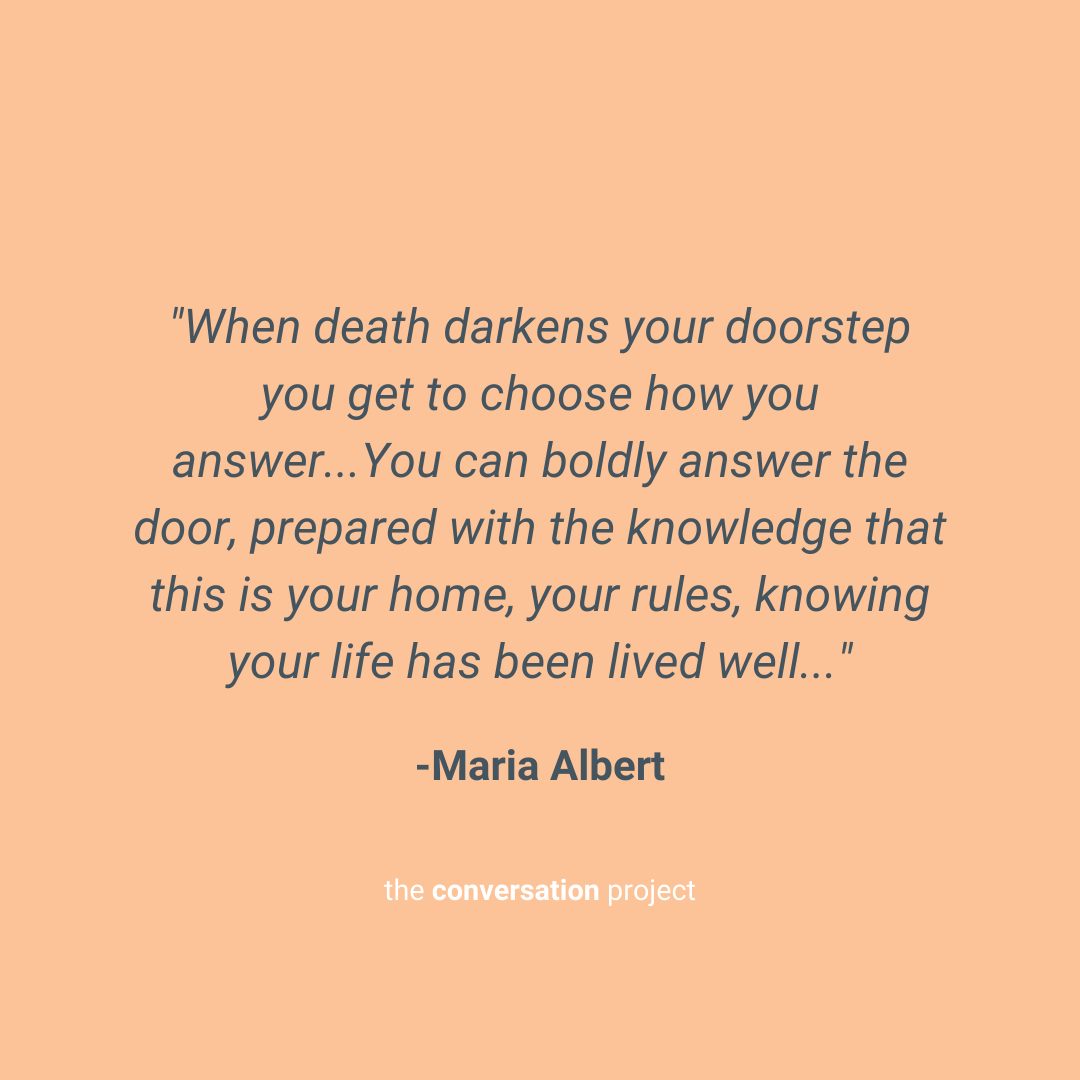When you hear the words heart attack and open heart surgery at the age of 33 you don’t just come face-to-face with your mortality, you collide with it in an explosive and unceremonious way. Your thoughts no longer luxuriously linger on future plans and dreamed of accomplishments, they park right in the regrets of every unsaid word and unexpressed feeling. You no longer ask yourself “how can I best express my love to my spouse,” but rather “did I fill the years with enough of it?” You no longer ask “what new memories can I make with my child,” but rather “will the old ones last their lifetime?” You no longer ask “how can I make a difference in this world,” but rather “did I make enough difference for my legacy to last?”
I sat alone for nearly 48 hours waiting anxiously for the 1 hour visit I knew my husband would be permitted amidst the restrictive hospital visitor policies that 2020 gave us. I made FaceTime calls wondering if the last time I’d see the people I love would be through a phone screen. I had to entertain the possibility that I may never kiss my son, that he would never feel his momma’s hug again. I was told repeatedly “you’re young, you’ll do great during this surgery,’ but over and over my mind rebuffed “you’re young, you shouldn’t even be having this surgery.” After six hours in surgery, I did what I doubted I could, I woke up. I lived to love my husband again, to make memories with my son, to build that legacy I wanted to leave.
When death darkens your doorstep you get to choose how you answer. You can hide fearing this intrusive visitor will break down the door. If you listen to the knocking long enough you may even weaken to the persistence and invite them in. Believe me I had those moments in the days following my open-heart surgery, where the persistent knocking nearly wore down my will. You can boldly answer the door, prepared with the knowledge that this is your home, your rules, knowing your life has been lived well enough that death is not an enemy to keep out, but a friend to welcome in. Or you can do as I did, you can disregard the knock, reminding this visitor that you decide who is allowed in your home and you’re not yet ready for their visit yet. There is no wrong way to answer the door, but eventually we will each have to answer it. Though the timing of death’s knock may come as a surprise, we should all live with the knowledge that the knock is coming.
If your decision is to disregard the knock, know that disregarding it must be intentional, you can’t ignore it once and hope it goes away. You can’t just sit and listen to the knock, there must be other noise to drown it out. You must fill your home with sounds loud enough to drown out the knock of death: the sounds of joy and laughter, the overwhelming melodies of love and relationship, the vibrations of contentment and gratitude. It doesn’t take much not to die, in fact I remember the words of one of my nurses during the height of my illness, after I had had a second surgery that I wasn’t recovering well from and was awaiting the next one. She touched my dry, dehydrated skin, pinched my wasting muscles, and said “you’re going to die like this.” In that moment, I had a choice to make, death was knocking again, I could answer to its persistence, or I could ignore it. Once again I chose to disregard it, to create enough sound that the knock was barely a din. To fill my home with the sounds of love and laughter, to occupy the space with purpose and intention, to bring joy and gratitude to the places where I would do more than simply not die, but where I would live.
Death’s knock will come again, there is no doubt about that, while I have lived in the space where I nearly answered out of my weariness, I choose to live in the sounds of life, knowing that the next time the knock comes I will be ready to answer.
Want to keep connected to The Conversation Project? Sign-up for our newsletter(s), follow us on social media (Twitter, Facebook), download our conversation starter resources and feel free to reach us at ConversationProject@ihi.org.


Thank Maria for sharing your journey in such an honest way!